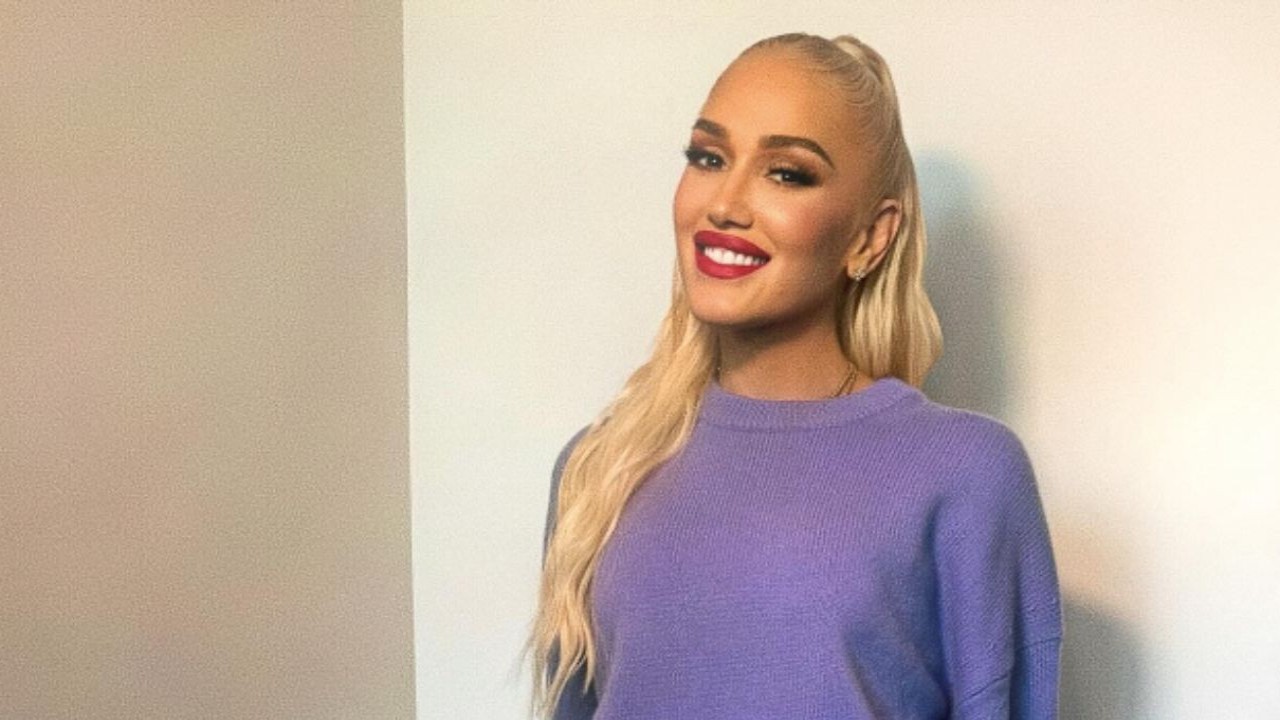Julia Louis Dreyfus Reveals What She Thinks About Jerry Seinfelds Comments About Political Correctness; Deets Inside
Julia Louis-Dreyfus disagrees with her former co-star Jerry Seinfeld on political correctness in comedy.

On the topic of political correctness in comedy, Julia Louis-Dreyfus shares a contrastive opinion to that of her show co-star Jerry Seinfeld. Bryant recently said this in an interview with the New York Times about Seinfeld's comment that political correctness was something of a worry for people who cannot think.
Louis-Dreyfus, 63, posited that comedy and drama from the past might not always sit well with viewers today, adding, “If you look back on comedy and drama both, let’s say 30 years ago, through the lens of today, you might find bits and pieces that don’t age well.”
She highlighted the value for a business to be sensitive towards these trends and went on to say, “And I think to have an antenna about sensitivities is not a bad thing,” she continued. “It doesn’t mean that all comedy goes out the window as a result.”
Her comments suggest that, for her, it is important to acknowledge the existence of the change in cultural consciousness and to adapt to it and, simultaneously, she does not think that it becomes an obstacle to coming up with good jokes.

What Is Gwen Stefani's Net Worth? Exploring No Doubt Alum's Wealth And Fortune
Julia Louis-Dreyfus stands firm on political correctness and tolerance
Politically correct is not an issue that a layman can easily tackle as Julia Louis Dreyfus admits when it comes to humor. She also revealed to the New York Times how she views why people may resist involving it but she added that resistance may at times signify a problem. Forcing them sometimes means something else to me, she said, “But to me, that’s a red flag because it sometimes means something else. I believe being aware of certain sensitivities is not a bad thing. I don’t know how else to say it.”
A few days later, she again brought up the issue, but this time in an attempt to reiterate her position. Extract 12, ‘It was about political correctness, I think and feel that I may not have answered this part very well or I have forgotten what I said… I thought it is very important to return to it and be very clear on this aspect,’ she said.
Conveying that political correctness when linked with tolerance is good, Louis-Dreyfus defended herself on Twitter. “My feeling about all of it is that political correctness, insofar as it equates to tolerance, is obviously fantastic," she observed. She also highlighted the balance between free speech and personal boundaries: Further, I also have the right to boo anybody who says something that may annoy me let alone violate my right to free speech but still, I respect other people’s rights.
This is a good attitude that we should avoid overemphasizing sensitivity while leaving ourselves and others the right to speak out and provide feedback on ideas.

'To Have An Antenna About Sensitivities...': Julia Louis-Dreyfus Talks About Jerry Seinfeld's Political Correctness
Julia Louis-Dreyfus on creativity, money, and political correctness in entertainment
Julia Louis-Dreyfus underscores issues approximately the consolidation of money and strength inside the entertainment enterprise, highlighting the hazard it poses to innovative voices. She emphasizes the detrimental results of the siloing of studios and outlets, such as the effect on streamers and vendors, on creative expression.
While she refrains from definitively declaring whether political correctness complements or diminishes comedy, Louis-Dreyfus recognizes the evolving lens through which artwork is created today. She notes that societal attitudes have changed, leading to an exclusive attitude toward past works of artwork.
Louis-Dreyfus emphasizes the importance of vigilance in navigating these changes, suggesting that it is essential to recognize and cope with outdated attitudes and views in both comedy and drama. She welcomes the shift towards extra diversity in the arts, seeing it as an advantageous improvement.
Jerry Seinfeld's perspectives on political correctness emphasize the capacity for humans to make offensive mistakes due to immoderate sensitivity. He shows staying informed about current activities as a manner to navigate around capacity controversies. Additionally, Seinfeld expressed nostalgia for what he termed dominant masculinity in society, indicating a sentiment that contrasts with evolving cultural norms.

Who Is Eric Braeden? Know More About The Young And The Restless Star Amid His Appearance At 51st Daytime Emmy Awards





 JOIN OUR WHATSAPP CHANNEL
JOIN OUR WHATSAPP CHANNEL















































